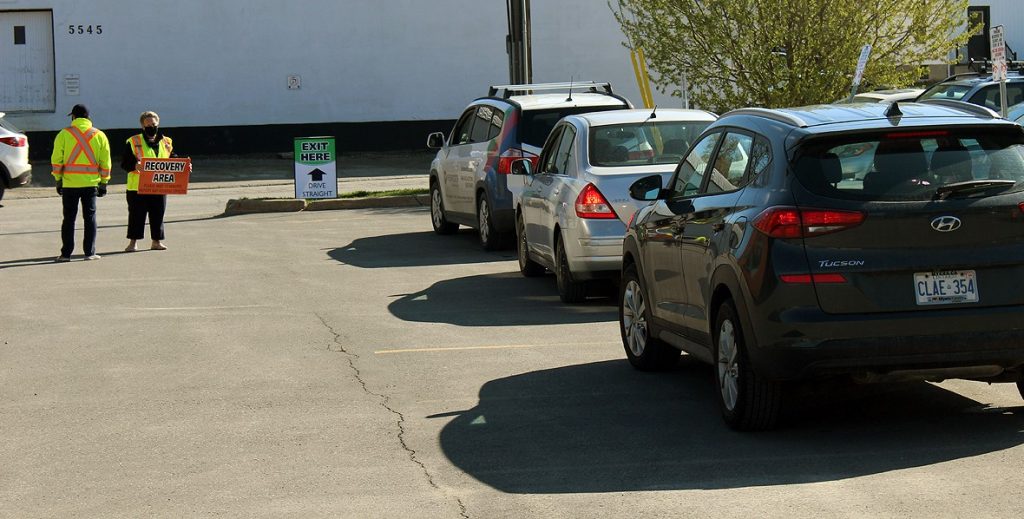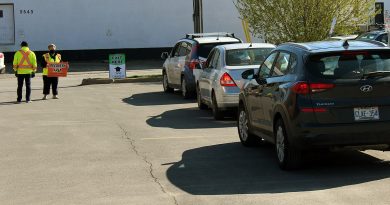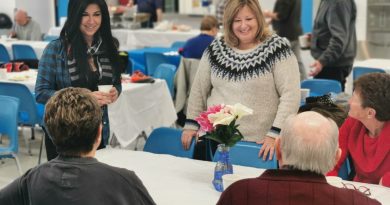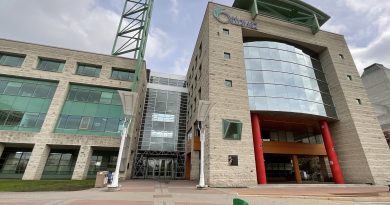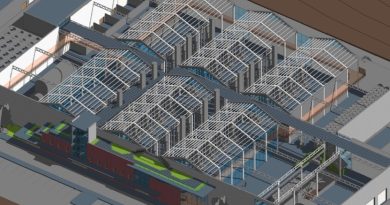Local COVID Numbers Down as Schools Prepare to Reopen
By Charlie Senack
Throughout the COVID-19 pandemic, communities in and around Manotick have seen relatively low trends of the virus. But throughout the month of July, almost no cases were reported at all.
Since the first cases of the novel coronavirus were reported in Ottawa in March 2020, Manotick has reported a total of 188 confirmed COVID-19 infections. Riverside South-Leitrim has reported 356 infections; Richmond has reported 187 infections; Greeley has reported 209 infections; Osgoode-Vernon has reported 62 infections; North Gower-Kars has reported 63 infections; Marlborough has reported 25 infections; Munster-Ashton has reported 68 infections; and Metcalfe has reported 92 infections. The numbers are provided by the Ottawa Neighborhood Study.
In an interview with the Manotick Messenger, Ottawa Mayor Jim Watson said he’s pleased with the city’s current COVID trends, but is going into a fully vaccinated summer cautiously.
“I don’t want to do a victory lap quite yet because we still have tens of thousands of people who still need to get their vaccinations,” he said. “Our numbers are really good, we have no one in hospital, and we are only reporting a handful of new cases each day — so these are all very good indicators.”
Last week Ontario’s premier Doug Ford, alongside the province’s top Doctor, Dr. Kieran Moore, announced the back to school safety plan, which many parents and educators say are lacking key details.
According to the 26-page report, elementary students and secondary students will attend school in-person five days per week, for the first time in months. Remote learning will remain in place as an option for those who don’t yet feel comfortable returning to a crowded classroom.
Masks will continue to be mandatory for all students between Grade 1 and Grade 12, and will remain optional – but strongly recommended – for children in kindergarten. Masks however will be fully optional to all outdoors. Masks can also be temporarily removed when taking part in low-contact physical activity or when consuming food and drink, the government says. Students from other cohorts may eat lunch together without distancing outdoors, but must remain two metres from other cohorts while indoors. Similar rules apply to recess, and the government says because the risk of COVID-19 transmission by using a shared object is low, shared materials will be allowed, along with the use of shared spaces.
The biggest change in this year’s school plan is extra curricular events and sports teams will return, and singing such as in choirs can also resume.
Plans will be in place in case schools have to switch to remote learning again, however Ontario medical officials say that’s highly unlikely. COVID-19 vaccination for eligible students and staff will be optional — however many political parties are putting pressure on the Ford Conservative government to make it a mandatory requirement.
There will also not be separate rules for students and staff who are vaccinated as opposed to those who are not, however if an individual is flagged as a close contact to someone who has tested positive for the virus, they will need to isolate for 10 days and receive two negative covid tests at least seven days apart. If one comes back positive, that isolation period can extend to 20 days — meaning more time away from the classroom.
At the post secondary level, Carleton University is the latest institution to mandate COVID-19 vaccines for students who live in residence or are playing on school sports teams. The University of Ottawa has come out with similar guidelines. Algonquin College on the other hand has not yet put such procedures in place, and plans on still offering much of their programming online with only 48 per cent of courses receiving at least some sort of an in person learning component.

